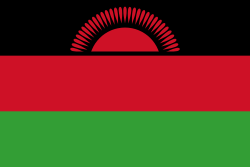In 1993, Malawi adopted a new constitution, allowing for multiparty democracy.
First multiparty elections
The 1994 elections saw the United Democratic Front (UDF), led by Bakili Muluzi, win a majority. The United Democratic Front (UDF), led by Bakili Muluzi, won the 1994 elections, ending the MCP's dominance.
Political instability
The 1990s and 2000s saw frequent changes in government, with allegations of corruption and political interference. Muluzi served two terms, followed by Bingu wa Mutharika (DPP) and Joyce Banda (People's Party).
Economic struggles
Malawi faced significant economic challenges, including poverty, inflation, and dependence on foreign aid.








